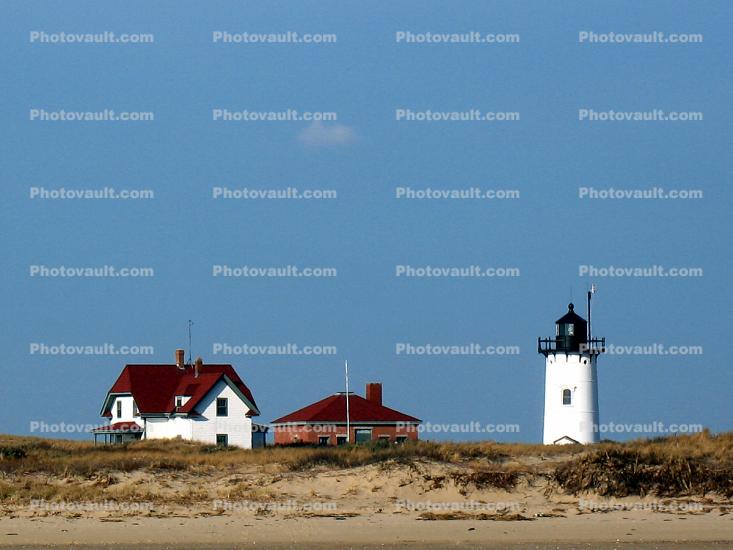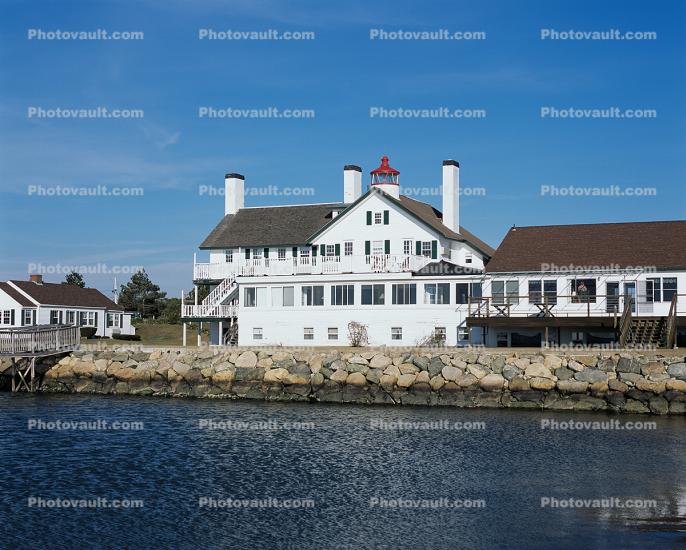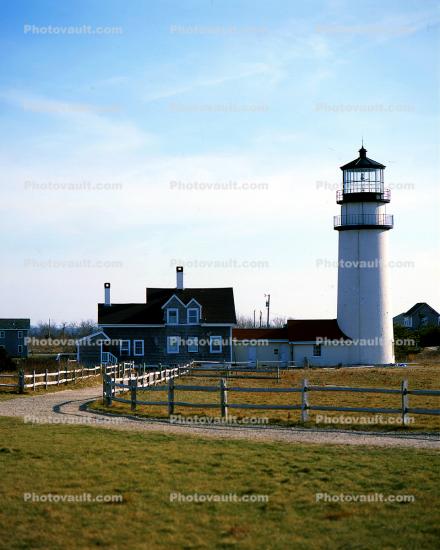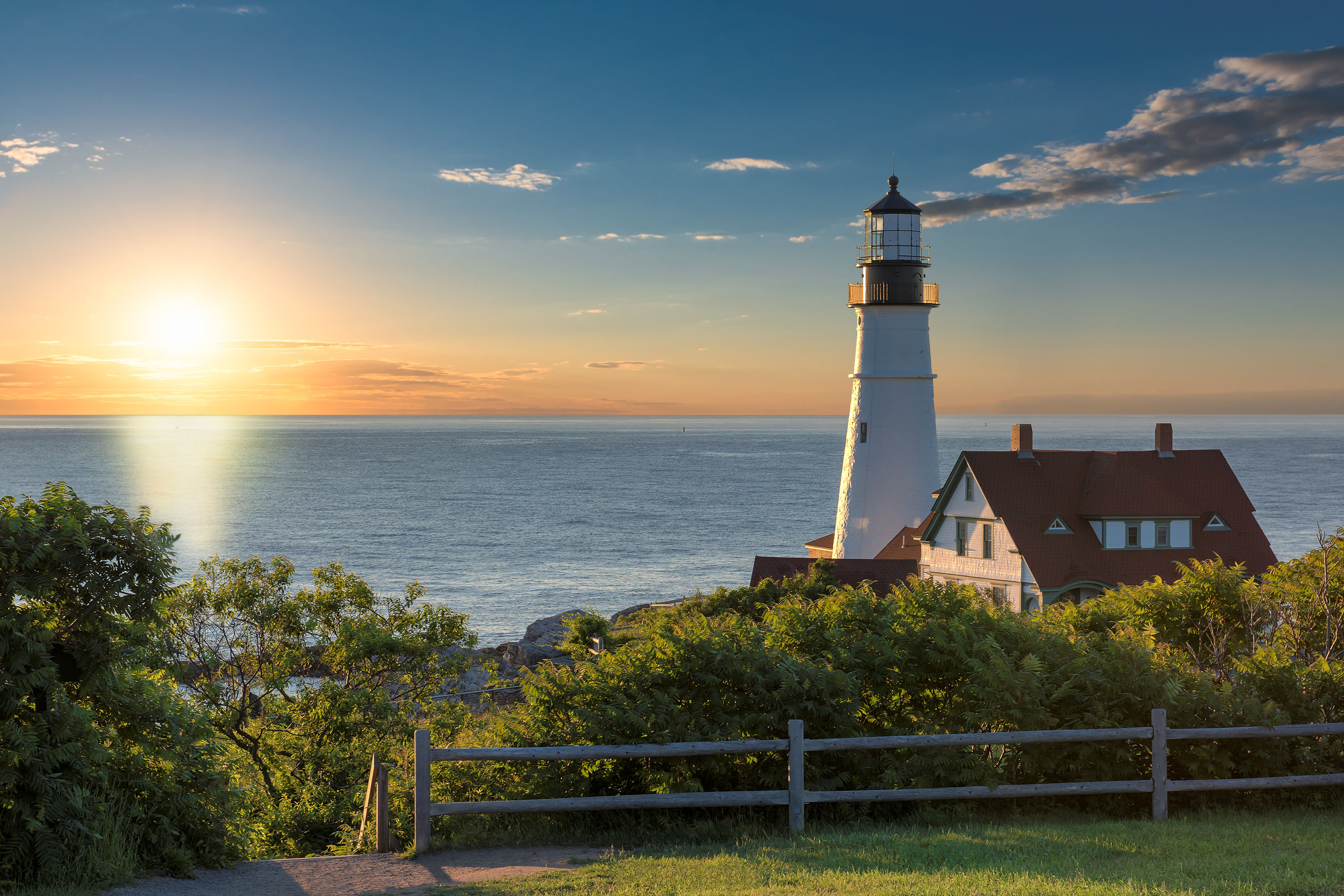Cape Cod: A Jewel on the Eastern Seaboard
Related Articles: Cape Cod: A Jewel on the Eastern Seaboard
Introduction
In this auspicious occasion, we are delighted to delve into the intriguing topic related to Cape Cod: A Jewel on the Eastern Seaboard. Let’s weave interesting information and offer fresh perspectives to the readers.
Table of Content
Cape Cod: A Jewel on the Eastern Seaboard

Cape Cod, a distinctive geographical feature extending into the Atlantic Ocean from the southeastern coast of Massachusetts, holds a unique place in the American landscape. Its distinctive shape, resembling a bent arm reaching out towards the sea, has captivated visitors and residents alike for centuries. This article explores the geographic, historical, and cultural significance of Cape Cod, highlighting its enduring appeal as a vacation destination and its critical role in the region’s ecosystem.
A Geographic Enigma:
Cape Cod’s formation is a testament to the relentless forces of nature. It is a terminal moraine, a geological feature formed by the retreating glaciers of the last Ice Age. As the massive ice sheets melted, they deposited sediment, creating a long, narrow peninsula that stretches approximately 65 miles from the mainland. The Cape’s unique geography is further defined by its numerous inlets, bays, and harbors, carved by the constant action of the Atlantic Ocean. This intricate network of waterways, including the famed Cape Cod Canal, has played a pivotal role in shaping the region’s history and economy.
A Historical Tapestry:
Cape Cod’s history is rich and diverse, woven into the fabric of American maritime history. The first inhabitants, the Wampanoag people, lived in harmony with the land for centuries, relying on the abundant resources of the sea and the forests. European explorers, drawn by the potential for trade and exploration, arrived in the 16th century. The Cape became a crucial point of entry for early settlers, with the Pilgrims landing at Plymouth Rock just south of the peninsula.
The 17th and 18th centuries witnessed the rise of whaling and fishing industries, transforming Cape Cod into a bustling center of maritime commerce. The Cape’s harbors were home to a fleet of ships, and its residents became skilled mariners, navigating the treacherous waters of the Atlantic. This legacy of seafaring continues to resonate in the region’s culture and traditions.
A Sanctuary of Nature:
Cape Cod is a haven for nature enthusiasts, offering a diverse range of ecosystems and wildlife. The Cape Cod National Seashore, encompassing a vast stretch of coastline, protects pristine beaches, dunes, and salt marshes. These habitats are home to a variety of bird species, including migrating shorebirds, nesting seabirds, and the iconic Cape Cod sandpiper. The region’s forests and wetlands provide sanctuary to deer, foxes, and other terrestrial animals.
A Destination for All Seasons:
Cape Cod is a popular vacation destination throughout the year, attracting visitors seeking a variety of experiences. The summer months bring throngs of tourists drawn to the region’s beaches, charming towns, and vibrant culture. The Cape’s renowned seafood restaurants, art galleries, and historic landmarks offer a unique blend of culinary delights and cultural immersion.
As the seasons change, so does the character of Cape Cod. Autumn paints the region in vibrant hues, with the leaves turning crimson and gold. Winter brings a sense of tranquility, with the beaches blanketed in snow and the air crisp and invigorating. Spring awakens the Cape, with wildflowers blooming and the sound of birdsong filling the air.
A Legacy of Innovation:
Cape Cod has always been a place of innovation, with its residents adapting to the challenges of their environment. The region’s maritime heritage has fostered a culture of resilience and ingenuity. In the 20th century, Cape Cod became a hub for scientific research, with the establishment of the Woods Hole Oceanographic Institution and the Marine Biological Laboratory. These institutions have made significant contributions to our understanding of the ocean and its inhabitants.
FAQs about Cape Cod:
Q: What is the best time to visit Cape Cod?
A: The best time to visit Cape Cod depends on your preferences. Summer offers warm weather and bustling activity, while autumn provides vibrant foliage and cooler temperatures. Spring is ideal for enjoying wildflowers and fewer crowds, and winter offers a peaceful escape with snow-covered landscapes.
Q: What are some of the most popular attractions on Cape Cod?
A: Some of the most popular attractions on Cape Cod include the Cape Cod National Seashore, the Chatham Lighthouse, the Provincetown Art Trail, and the Cape Cod Rail Trail.
Q: What are some of the best places to eat on Cape Cod?
A: Cape Cod is renowned for its fresh seafood. Some popular restaurants include The Lobster Roll, The Blackfish, and The Chatham Fish Market.
Q: What are some tips for planning a trip to Cape Cod?
A: When planning a trip to Cape Cod, it is essential to book accommodations in advance, especially during peak season. Consider renting a car or utilizing public transportation for getting around. Pack for all types of weather, as the Cape’s climate can be unpredictable.
Q: What is the significance of Cape Cod in American history?
A: Cape Cod played a crucial role in American history, serving as a point of entry for early settlers and as a center of maritime commerce. The region’s rich history is reflected in its numerous historic sites, including the Mayflower II, a replica of the ship that brought the Pilgrims to Plymouth.
Conclusion:
Cape Cod, a peninsula shaped by the forces of nature and enriched by the spirit of its inhabitants, remains a captivating destination. Its unique geography, vibrant history, and diverse natural beauty continue to attract visitors from around the world. Whether seeking a relaxing beach vacation, a cultural immersion, or an adventure in nature, Cape Cod offers something for everyone. Its enduring appeal lies in its ability to connect us to the past, inspire us in the present, and offer a glimpse into the future.








Closure
Thus, we hope this article has provided valuable insights into Cape Cod: A Jewel on the Eastern Seaboard. We thank you for taking the time to read this article. See you in our next article!